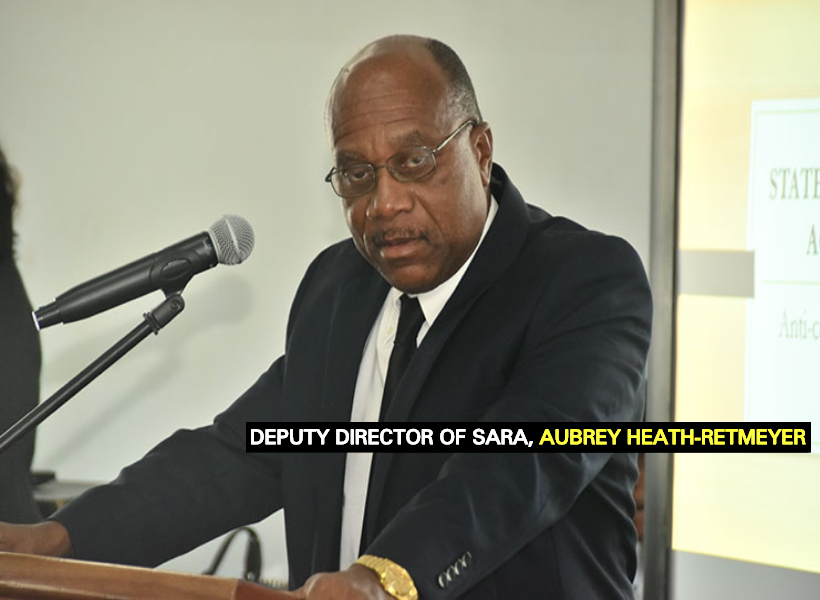The Act governing the State Asset Recovery Agency (SARA) mandates the body to make yearly reports to the legislative arm of the State.
That report is supposed to detail specific aspects of the agency’s spending in the previous fiscal year; highlight the extent to which its functions were discharged in that year; and provide an outline of SARA’s plan going forward.
But since being formally established in 2017, SARA is yet to present such a report to the House.
It therefore means that Members of Parliament are unaware of how SARA made use of the $260M it received in 2018 as well as how it intends to spend its 2019 allocation of $285M, an increase of $25M or 9.6% over its 2018 budgetary allocation.
But the failure to hand over its report to the House is not the only aspect of the SARA Act that is not being complied with.
The SARA legislation makes it clear that within a period of not more than four months from the date of commencement of the Act, the Parliamentary Committee on appointments on the notification by the Minister of Legal Affairs, Basil Williams, “shall” recommend to the National Assembly, a person to be appointed as Director of the SARA.
The Act, which was assented to in May 2017, stipulates that the person appointed as Director or Deputy Director of SARA shall be a fit and proper person; in that, he or she must have significant experience in management or skills in leading investigations into asset recovery; or hold a degree in law, economics or finance from a recognized university; and have at least 10 years’ experience in a relevant field, five of which shall be at a senior management level; and have such other requirements that may be determined by the Parliamentary Committee on Appointments.

The post of Director is considered crucial since the appointed individual is responsible for ensuring that the functions of SARA are discharged in a way that contributes to the reduction of white collar crime and the recovery of State property.
The Director also has responsibility to ensure that SARA carries out special investigations, decide on whether the recovery of State property may be better secured by means of criminal investigations and criminal proceedings, and make provisions for persons to be trained in the operation of the Act as well as in financial investigations. The Director is also responsible for preparing a Code of Practice to govern SARA’s staff.
To date, SARA is functioning without a Director.













